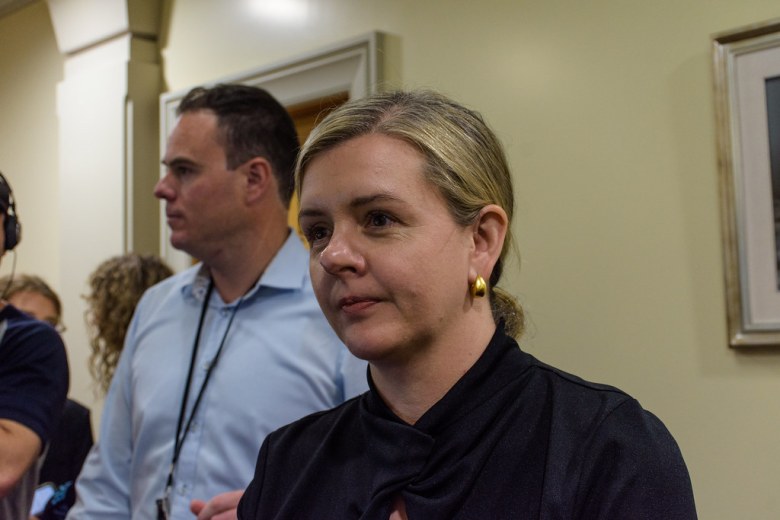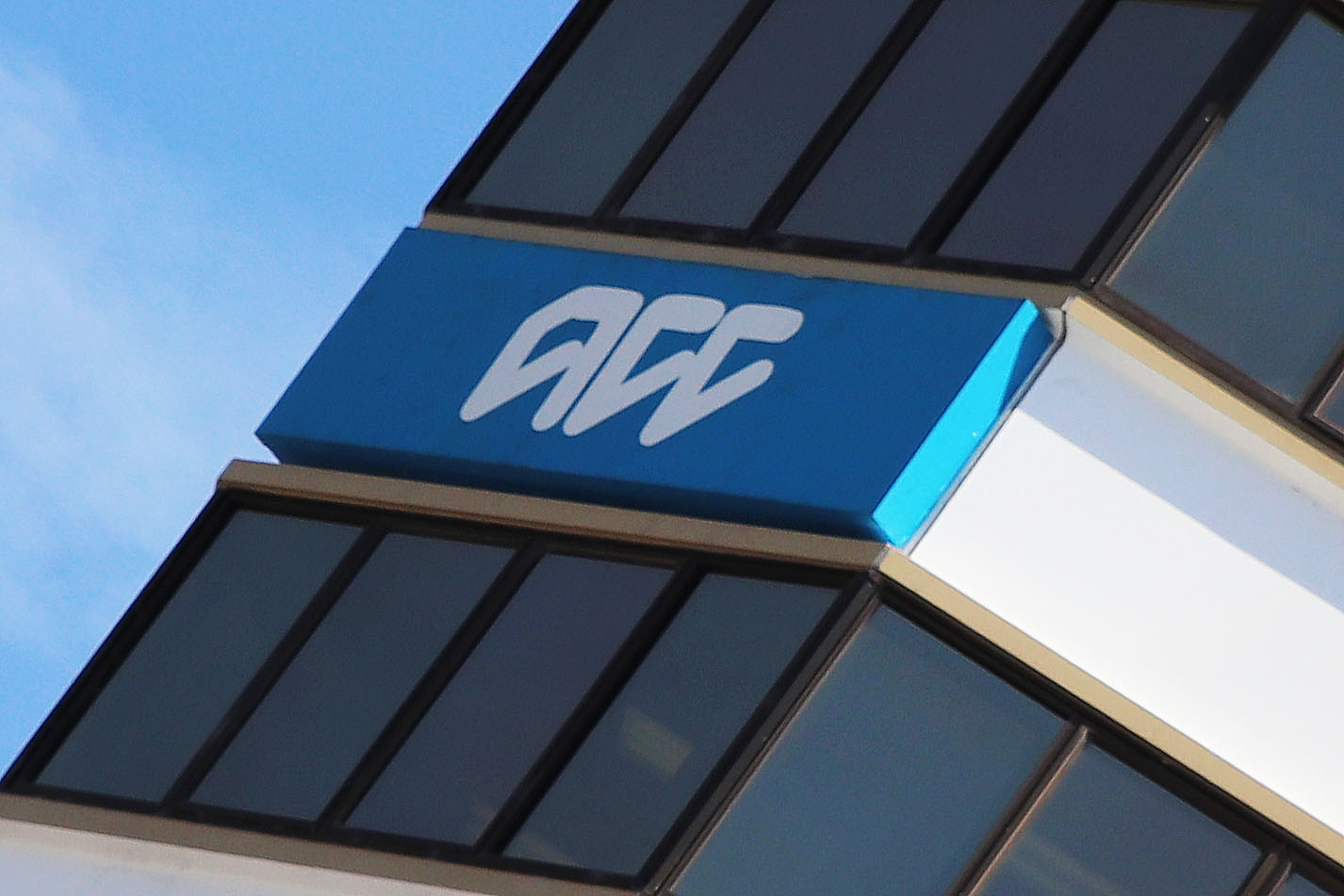Injured New Zealanders seeking ACC compensation may soon face a tougher time getting medical certificates, as the organisation seeks to drive more people back to work and clamp down on spiralling costs.
While the organisation says it is focused on improving rehabilitation outcomes, the Opposition has expressed fears it is focused on reducing payouts rather than injuries.
Increased injury payments have been in the coalition’s sights after Workplace Relations and Safety Minister Brooke van Velden requested a briefing on the matter, with officials saying the cost of weekly compensation had grown from $1.85 billion in 2022 to $2.47b in 2024.
While experts told Newsroom the growth in compensation claims was due to a “swamped” healthcare system and changes to ACC’s case management model, the organisation is instead taking aim at the medical practitioners providing the proof required for payments.
This week, ACC issued an official tender seeking up to five entities for “a prototype agreement … aimed at improving medical certification practice”.
“Proposals should include interventions to standardise high-quality medical certification practices, and also interventions to target support at those clinicians with patients currently certified off-work,” the tender says.
Among the project’s objectives are ensuring “that only the clients who require weekly compensation are receiving it, and that those who are receiving weekly compensation do so for an appropriate duration and are concurrently working where appropriate”.
The project is targeted at organisations that oversee multiple GP centres and have “meaningful clinician influence”, with the five successful suppliers expected to cover roughly 10 percent of the New Zealand population.
The agreements are expected to be signed in early 2026, with an initial one-year team starting in March 2026 with the potential for a one-year extension based on performance.
Thomas Ronan, ACC’s deputy chief executive for system commissioning and performance, told Newsroom the organisation was “not simply aiming to reduce the number or duration of certificates, although this may occur in some cases”, but wanted to ensure they more accurately reflected a person’s injury and their potential for recovery.
“We know that extended time off work due to injury can negatively impact people’s physical and mental wellbeing, as well as their recovery.”
Ronan said extended recovery timeframes were putting pressure on ACC funds, with a 30 percent increase in the rate of injured workers going on to weekly compensation since 2014. Two-thirds of claims receiving compensation were for patients with sprain and strain injuries who were likely to benefit from returning to work in some capacity as part of their recovery.
“There is strong evidence that shows work is generally good for physical and mental health and wellbeing and therefore for rehabilitation outcomes. It can be a valuable part of a patient’s rehabilitation by keeping them connected to work, possibly by doing modified tasks, and maintaining their income and overall confidence.”
Medical practitioners were uniquely placed to assess and determine a patient’s suitability for recovery at work, and the pilot programme would “foster collaboration and improvements with primary care to improve recovery outcomes”, Ronan said.
 Labour MP Camilla Belich says the Government has been very open about the fact it wants to see ACC claim payouts reduce. Photo: Marc Daalder
Labour MP Camilla Belich says the Government has been very open about the fact it wants to see ACC claim payouts reduce. Photo: Marc Daalder
Labour Party ACC spokesperson Camilla Belich told Newsroom she was concerned about the organisation clamping down on payments to injured New Zealanders at the coalition’s direction.
While the Government had indicated the organisation would focus on injury prevention to tackle rising costs, there were no signs that such work was taking place, with the national rollout of a $45 million sexual abuse prevention programme having been put on hold.
“The minister and ACC have been very open [about] the fact that they want to see the amount of money spent on ACC claims go down, and the only legitimate way of doing that without removing New Zealanders’ entitlements is through injury prevention,” Belich said.
“So when I see tenders like the one that has recently been issued, my concern is that they are going to try and reduce entitlements without preventing those injuries from happening in the first place.”
There was no evidence that rising costs were due to people seeking to exploit the system, while New Zealand ranked poorly when it came to workplace injury rates.
With ACC having gone through a number of independent reviews, including one that identified a problematic workplace culture, Belich said any organisational changes should not compromise New Zealand’s “long and proud history of supporting people who are injured”.
ACC Minister Scott Simpson told Newsroom he was focused on improving ACC outcomes for injured New Zealanders, and as part of that process had asked the organisation to do what it could to improve rehabilitation rates.
While work-related injury claims had actually decreased over the past 20 years, there had been an increase in injuries outside the workplace, while the average time away from work – including for sprains and strains – had also grown.
“Far too often, clients are languishing on ACC and are not being given the support they need to get back to work and independence.
“Getting people back at work as early as possible is good for the client and their families. Fundamentally this is what ACC was set up to do, and they need to do better,” Simpson said.

